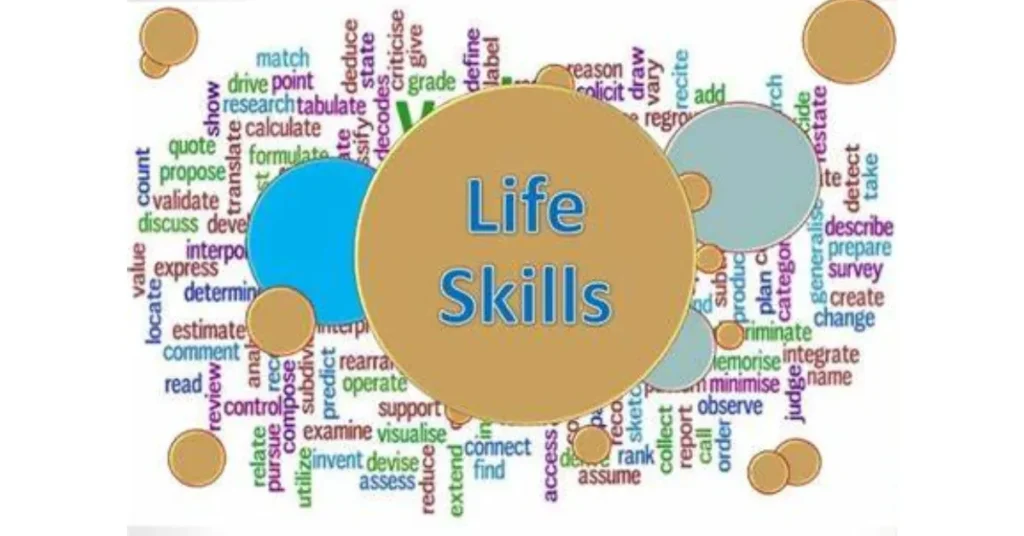University life is an exciting and transformative period that presents numerous opportunities for personal and academic growth. However, along with the thrill of independence comes the responsibility of managing various challenges. To thrive during this pivotal time, students must develop essential life skills that will not only support their academic success but also prepare them for future endeavors. This article highlights the crucial life skills every university student should focus on to enhance their university experience and beyond.

Understanding Life Skills
Life skills are the abilities that equip individuals to deal effectively with the demands of everyday life. For university students, these skills are critical in fostering independence, building relationships, and preparing for the workforce. By developing a robust set of life skills, students can navigate their academic journey more effectively and emerge as well-rounded individuals.
Essential Life Skills for University Students
1. Time Management
Effective time management is fundamental for balancing academic responsibilities, social activities, and personal commitments.
- Set Clear Priorities: Determine which tasks are most urgent and important to allocate time effectively.
- Utilize Digital Tools: Use calendars, task management apps, or planners to organize deadlines and commitments.
- Break Tasks into Smaller Steps: Divide larger projects into manageable tasks to reduce overwhelm and stay on track.
2. Strong Communication Skills
The ability to communicate effectively is vital for success in both academic and personal settings.
- Enhance Speaking Skills: Participate in discussions, presentations, or debate clubs to practice articulating thoughts clearly.
- Improve Written Communication: Focus on writing skills by engaging in diverse writing activities, from essays to creative writing.
- Practice Empathy: Foster deeper connections by actively listening and responding to others’ viewpoints.
3. Financial Management
Understanding and managing finances is crucial for maintaining independence during university.
- Create a Monthly Budget: Track income and expenses to develop a clear picture of your financial situation.
- Understand Student Loans and Credit: Educate yourself on the implications of borrowing and the importance of credit scores.
- Save for Emergencies: Build a small savings fund to prepare for unexpected expenses and financial challenges.
4. Critical Thinking and Decision-Making
Cultivating critical thinking skills enables students to analyze situations and make informed decisions.
- Engage in Analytical Discussions: Join study groups or forums where different perspectives are encouraged to enhance critical analysis.
- Evaluate Sources: Learn to assess the credibility of information, particularly when conducting research for assignments.
- Reflect on Choices: After making decisions, take time to evaluate their outcomes and identify areas for improvement.
5. Resilience and Emotional Intelligence
Resilience allows students to bounce back from setbacks, while emotional intelligence helps in managing emotions and relationships.
- Develop Coping Strategies: Identify healthy ways to cope with stress, such as exercise, mindfulness, or hobbies.
- Build Strong Relationships: Nurture supportive friendships that provide emotional support during challenging times.
- Practice Self-Reflection: Regularly assess your emotional responses and consider how they affect your interactions with others.
6. Networking and Relationship Building
Creating a professional network is essential for future career opportunities and personal growth.
- Participate in Extracurricular Activities: Join clubs, organizations, or volunteer groups to meet like-minded individuals and expand your network.
- Attend Career Events: Take advantage of workshops, seminars, and networking events to connect with professionals in your field.
- Leverage Social Media: Use platforms like LinkedIn to showcase your skills, connect with peers, and explore job opportunities.
7. Self-Care and Wellness
Prioritizing self-care is essential for maintaining physical and mental well-being during university life.
- Establish Healthy Routines: Incorporate regular exercise, nutritious meals, and adequate sleep into your daily schedule.
- Practice Stress Management Techniques: Engage in activities such as yoga, meditation, or deep-breathing exercises to manage stress effectively.
- Seek Help When Needed: Reach out to campus counseling services or support groups to address mental health concerns or emotional challenges.
Conclusion
Mastering essential life skills is vital for university students looking to make the most of their academic and personal experiences. By focusing on time management, communication, financial literacy, critical thinking, resilience, networking, and self-care, students can better navigate the complexities of university life and prepare for future challenges. These skills not only enhance academic performance but also contribute to personal growth and success in life after university.